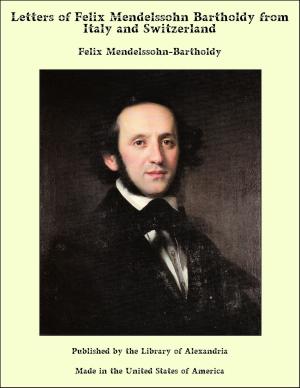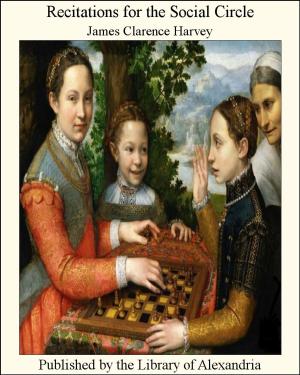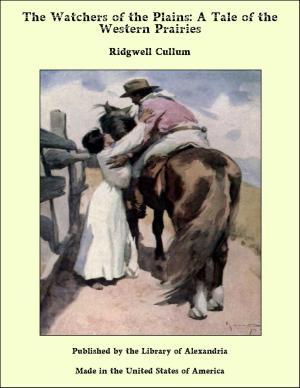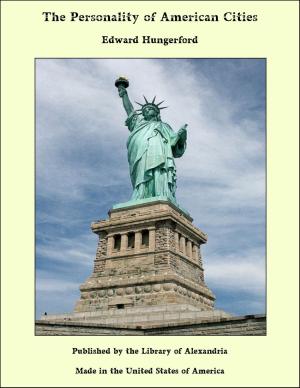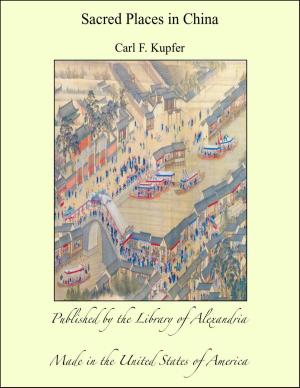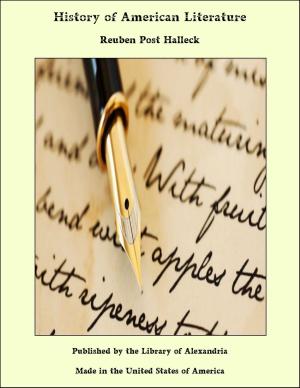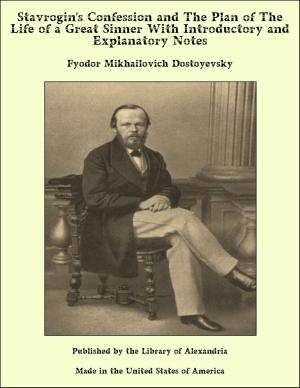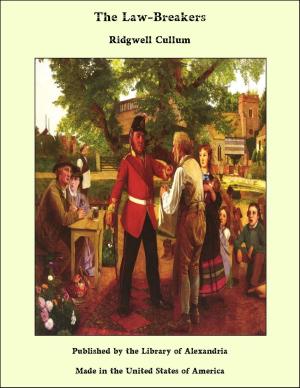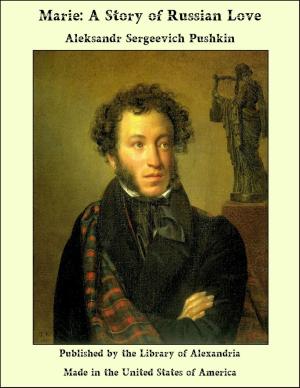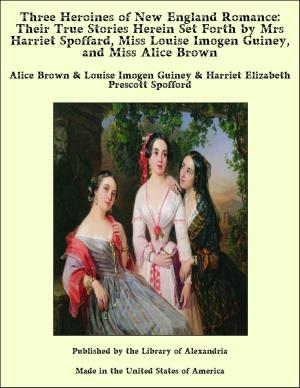Caxton's Book: A Collection of Essays, Poems, Tales and Sketches
Nonfiction, Religion & Spirituality, New Age, History, Fiction & Literature| Author: | William Henry Rhodes | ISBN: | 9781465529848 |
| Publisher: | Library of Alexandria | Publication: | March 8, 2015 |
| Imprint: | Language: | English |
| Author: | William Henry Rhodes |
| ISBN: | 9781465529848 |
| Publisher: | Library of Alexandria |
| Publication: | March 8, 2015 |
| Imprint: | |
| Language: | English |
IN MEMORIAM. At the time when, according to custom, Mr. Rhodes's death was formally announced to the several Courts of Record in San Francisco, one of the learned Judges urged the publication of his writings in some form which would give the bar a permanent memorial of one of it's most esteemed members, and to them their proper place in American literature. This has been accomplished by the present volume. It is sincerely to be hoped that while it will largely add to Mr. Rhodes's reputation, it may also serve to furnish a most interesting family some substantial aid in the struggle with life, from which the beloved husband and tender father has unhappily been removed. In 1844, he entered Harvard Law School, where he remained for two years. Here, as at home among his young friends, he was a master-spirit and leader. He was an especial favorite of his instructors; was noted for his studious and exemplary habits, while his genial and courteous manners won the lasting friendship of his classmates and companions. His fondness for weaving the problems of science with fiction, which became afterwards so marked a characteristic of his literary efforts, attracted the especial attention of his professors; and had Mr. Rhodes devoted himself to this then novel department of letters, he would have become, no doubt, greatly distinguished as a writer; and the great master of scientific fiction, Jules Verne, would have found the field of his efforts already sown and reaped by the young Southern student. But his necessities and parental choice, conspired to keep him at "the lawless science of the law;" and literature become an incident of life, rather than its end and aim. He never really loved the law. He rather lived by it than in it. He became a good lawyer, but was an unwilling practitioner. He understood legal principles thoroughly. He loved the higher lessons of truth and justice, of right and wrong, fas et nefas, which they illustrated; but he bent himself to the necessary details of professional life—to the money-getting part of it—with a peculiar and constantly increasing reluctance. The yoke of labor galled him, and always more severely.
IN MEMORIAM. At the time when, according to custom, Mr. Rhodes's death was formally announced to the several Courts of Record in San Francisco, one of the learned Judges urged the publication of his writings in some form which would give the bar a permanent memorial of one of it's most esteemed members, and to them their proper place in American literature. This has been accomplished by the present volume. It is sincerely to be hoped that while it will largely add to Mr. Rhodes's reputation, it may also serve to furnish a most interesting family some substantial aid in the struggle with life, from which the beloved husband and tender father has unhappily been removed. In 1844, he entered Harvard Law School, where he remained for two years. Here, as at home among his young friends, he was a master-spirit and leader. He was an especial favorite of his instructors; was noted for his studious and exemplary habits, while his genial and courteous manners won the lasting friendship of his classmates and companions. His fondness for weaving the problems of science with fiction, which became afterwards so marked a characteristic of his literary efforts, attracted the especial attention of his professors; and had Mr. Rhodes devoted himself to this then novel department of letters, he would have become, no doubt, greatly distinguished as a writer; and the great master of scientific fiction, Jules Verne, would have found the field of his efforts already sown and reaped by the young Southern student. But his necessities and parental choice, conspired to keep him at "the lawless science of the law;" and literature become an incident of life, rather than its end and aim. He never really loved the law. He rather lived by it than in it. He became a good lawyer, but was an unwilling practitioner. He understood legal principles thoroughly. He loved the higher lessons of truth and justice, of right and wrong, fas et nefas, which they illustrated; but he bent himself to the necessary details of professional life—to the money-getting part of it—with a peculiar and constantly increasing reluctance. The yoke of labor galled him, and always more severely.

